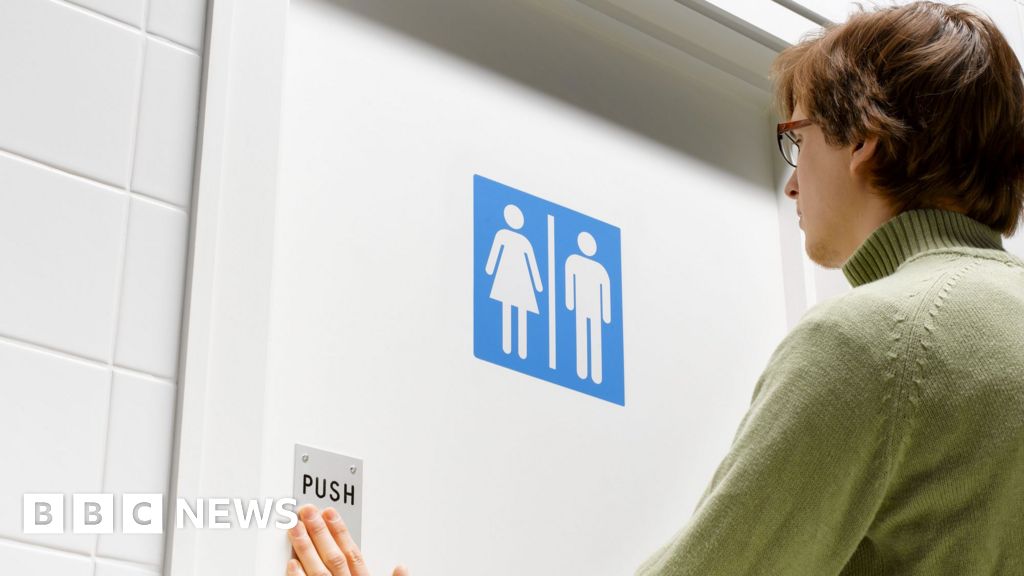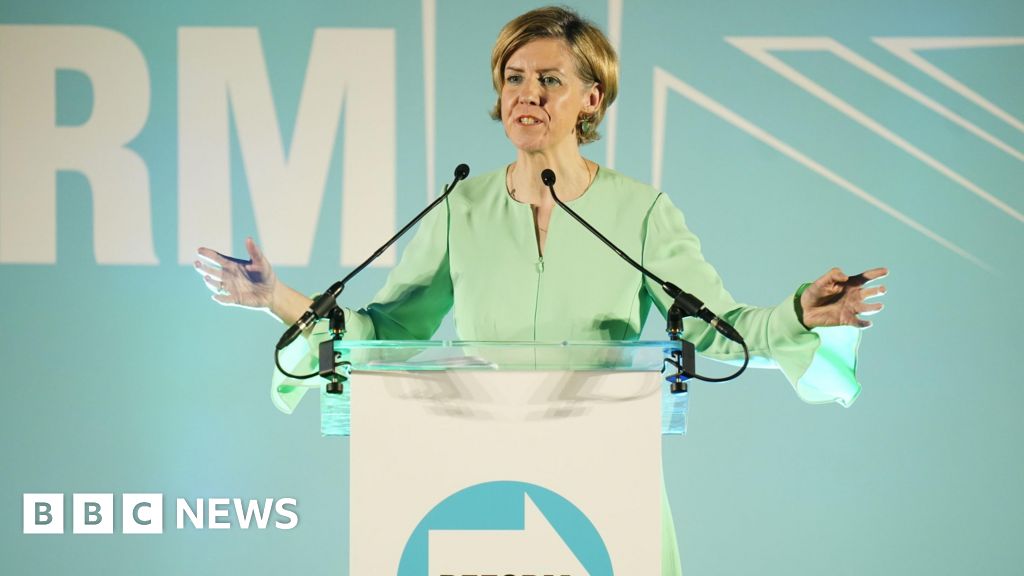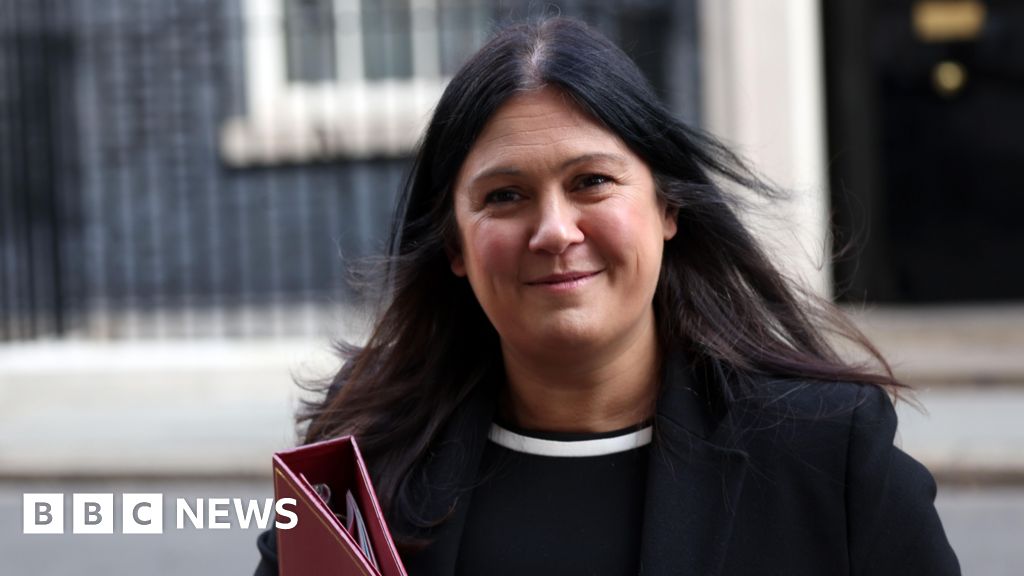ARTICLE AD BOX
Policing the protests cost forces more than £4m between September and November
Policing Insulate Britain's road-blocking protests over three months cost more than £4m, new figures have revealed.
The Met Police spent £4m on protests between 13 September and 20 November, according to figures released to the PA news agency under a Freedom of Information request.
Four other forces spent more than £300,000 combined.
Transport Secretary Grant Shapps said he was "appalled" by the costs.
Insulate Britain wants the Government to insulate all UK homes by 2030 to cut carbon emissions.
It repeatedly blocked major roads between September and November, causing massive traffic disruption.
Activists also often glued their hands to the road or each other to make it harder to remove them.
Image source, PA Media
Image caption,Police had to remove protesters who glued themselves to the ground on Bishopsgate in October
The Met said 6,651 of the force's officers and staff were involved, at a cost of £3.1 million.
A further £600,000 was spent on deploying vehicles, while the overtime cost was £300,000, the force said.
Hertfordshire Police spent £185,000, Surrey Police £110,000, City of London Police £44,000 and Greater Manchester Police said it had spent £10,000 policing protests.
The total cost was likely to be much higher as these four forces only included overtime bills.
For three months Insulate Britain frequently targeted the M25, the UK's busiest motorway, but also blocked roads in Manchester, Birmingham, London and the Port of Dover in Kent.
Mr Shapps said: "I am appalled at the amount of time and public money that's been spent policing the selfish actions of Insulate Britain.
"Not only did their guerrilla tactics wreak havoc on our roads and inflict misery to thousands of motorists, but they diverted our emergency services away from vital work, costing the UK taxpayer millions in the process."
Image source, PA Media
Image caption,National Highways applied for a high court injunction to prevent further protests
Ken Marsh, chairman of the Met Police Federation which represents officers, described responding to the demonstrations on motorways as "some of the most dangerous things my colleagues have had to do".
National Highways applied for High Court injunctions to ban protests on motorways and major A roads in England after protestors repeatedly blocked junctions on the M25, some returning after being arrested and released from custody.
Ten Insulate Britain supporters have been jailed for breaching the injunctions so far, with prison sentences ranging from two to six months.
Mr Shapps is working to include new clauses in the Police, Crime, Sentencing and Courts Bill that creates tougher penalties for interfering with key infrastructure such as major roads.
Image source, PA Media
Image caption,An insulate Britain spokeswoman said "annoying ordinary people" was the only way the cause gets attention
Insulate Britain spokeswoman Tracey Mallaghan said the group would "much rather money was being spent on insulating homes and helping get people out of fuel poverty".
She said they resorted to blocking roads after failing to get attention when they acted legally.
"It seems the only way we can get air time is by annoying enough ordinary people," she said.
"Our government has proved time and time again they're not doing what is necessary for our children, for the future. So how can we stop?"
Related Internet Links
The BBC is not responsible for the content of external sites.

 3 years ago
47
3 years ago
47








 English (US) ·
English (US) ·